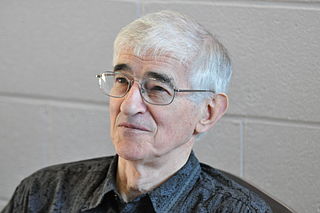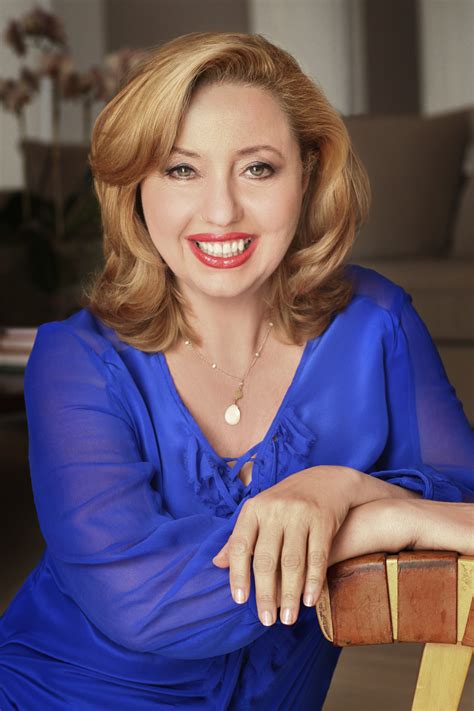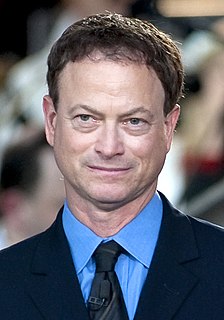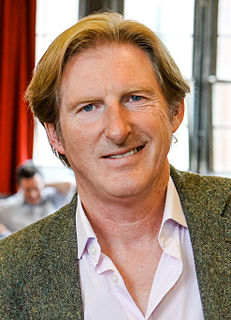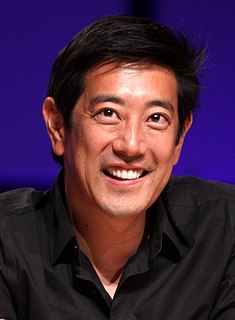A Quote by Leo Varadkar
I was with my mum in the shops, a ladies boutique or something, and I was asked what I wanted to be when I grow up. I think you're supposed to say an ambulance man or a footballer or a soldier or something like that, and I told all my mother's friends that I wanted to be Minister for Health. She was mortified, needless to say.
Related Quotes
Tessa had begun to tremble. This is what she had always wanted someone to say. What she had always, in the darkest corner of her heart, wanted Will to say. Will, the boy who loved the same books she did, the same poetry she did, who made her laugh even when she was furious. And here he was standing in front of her, telling her he loved the words of her heart, the shape of her soul. Telling her something she had never imagined anyone would ever tell her. Telling her something she would never be told again, not in this way. And not by him. And it did not matter. "It's too late", she said.
Jesus told parables. When he wanted to say something really profound about God, he went into parable. I don't find it surprising then that when earliest Christianity wanted to say something profound about Jesus, they went into parable too. That doesn't mean everything is a parable. When it says Jesus was in Nazareth I don't think that's a parable, I think Jesus was in Nazareth. When it talks about Jesus walking on the water, I don't think that's the point at all, I think the point is that the church without Jesus sinks.
I think my mother became the muse because she had everything when she was in Hollywood: she had the marriage, the success, the money, all the films she wanted to do and yet even her, she had a longing and wanted to work with a film that had meaning, something more profound. And I think that was very touching to father.
I think the most important thing is how long do we stay in the disappointment. When my mother would see us wallowing in disappointment she would say, "change the channel." So I replace the disappointment with a new direction of where I wanted to go and how I wanted to feel. Also, when something isn't coming my way, I believe it was not meant for me.
It wasn't about how she looked, which was pretty, even though she was always wearing the wrong clothes and those beat-up sneakers. It wasn't about what she said in class--usually something no one else would've thought of, and if they had, something they wouldn't have dared to say. It wasn't that she was different from all the other girls at Jackson. That was obvious. It was that she made me realize how much I was just like the rest of them, even if I wanted to pretend I wasn't.
I talked to my mother about it a lot. I asked her what it was like to grow up in New York and Harlem in the 1920s and 1930s, and I asked her about a woman leaving her husband. I asked her about how she would feel about that woman, and my mother grew up in the Church Of God In Christ, and she told me that the woman might be isolated because the other women thought she might go and come after their husbands. That's how they thought then.
My mother wanted to be a mother. That's the only thing she wanted from the bottom of her heart. She didn't want to be the number one actress - which she was - and she didn't want to be this great legend. All she wanted to be was a mother and she did but God took her away. So I always will empathise and sympathise with women.




